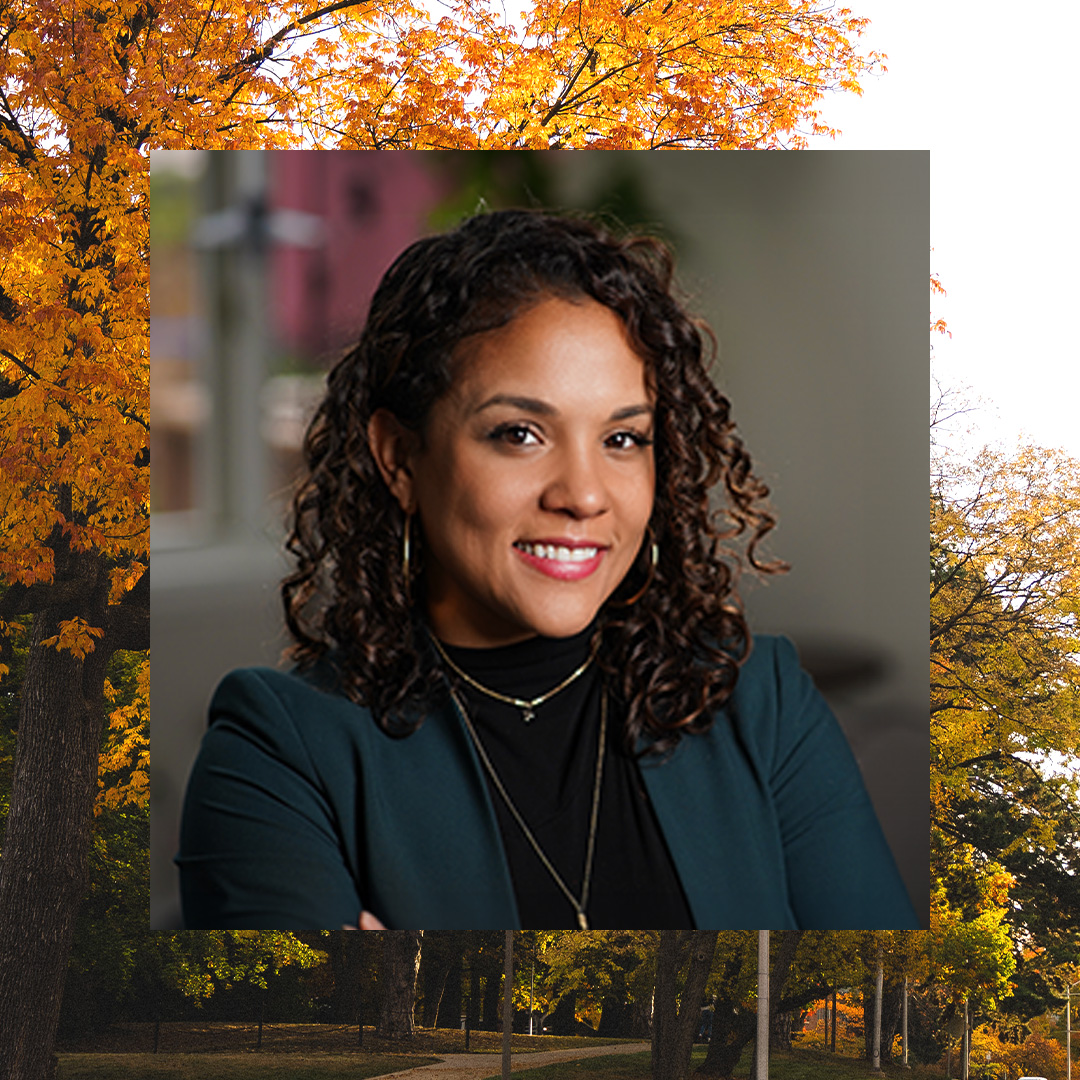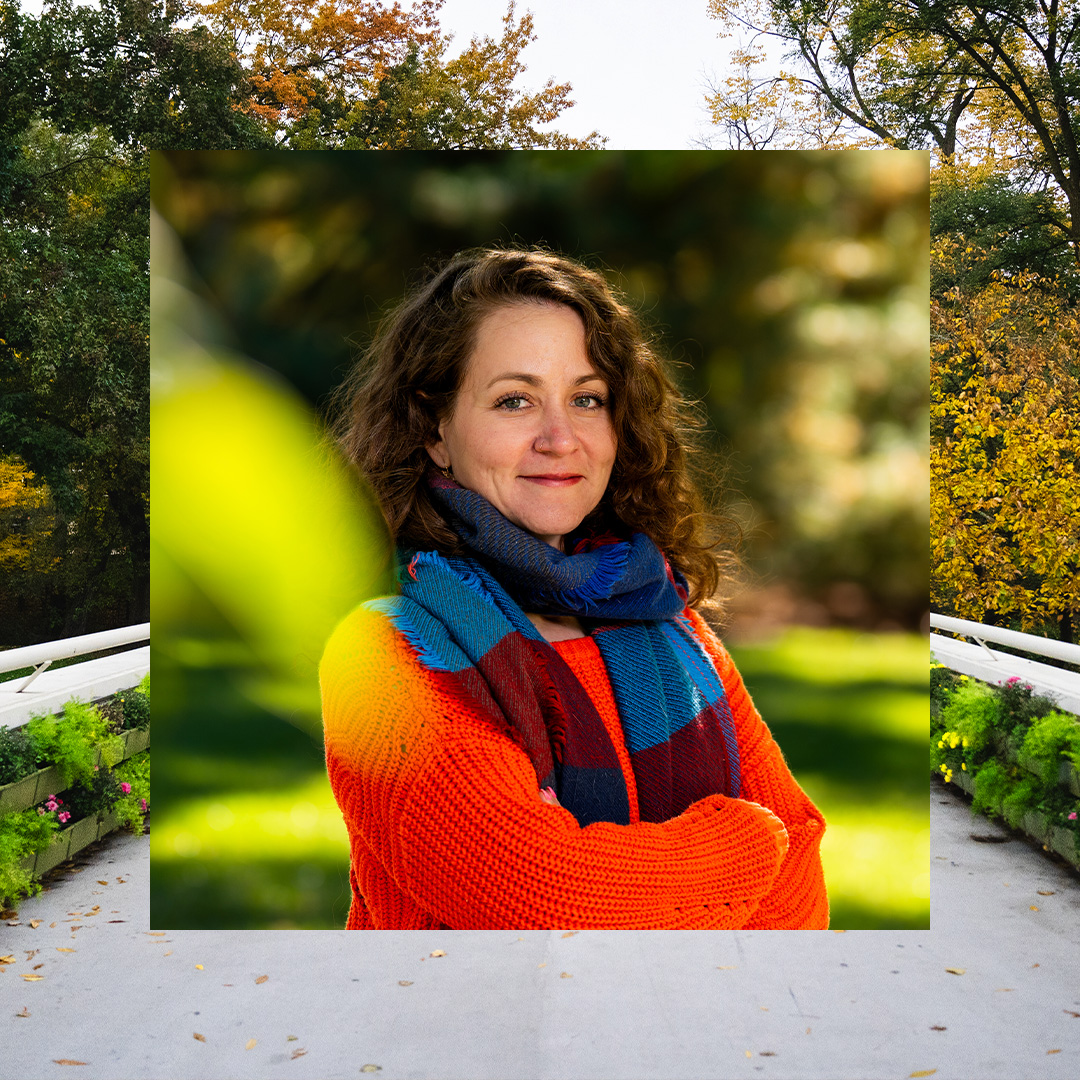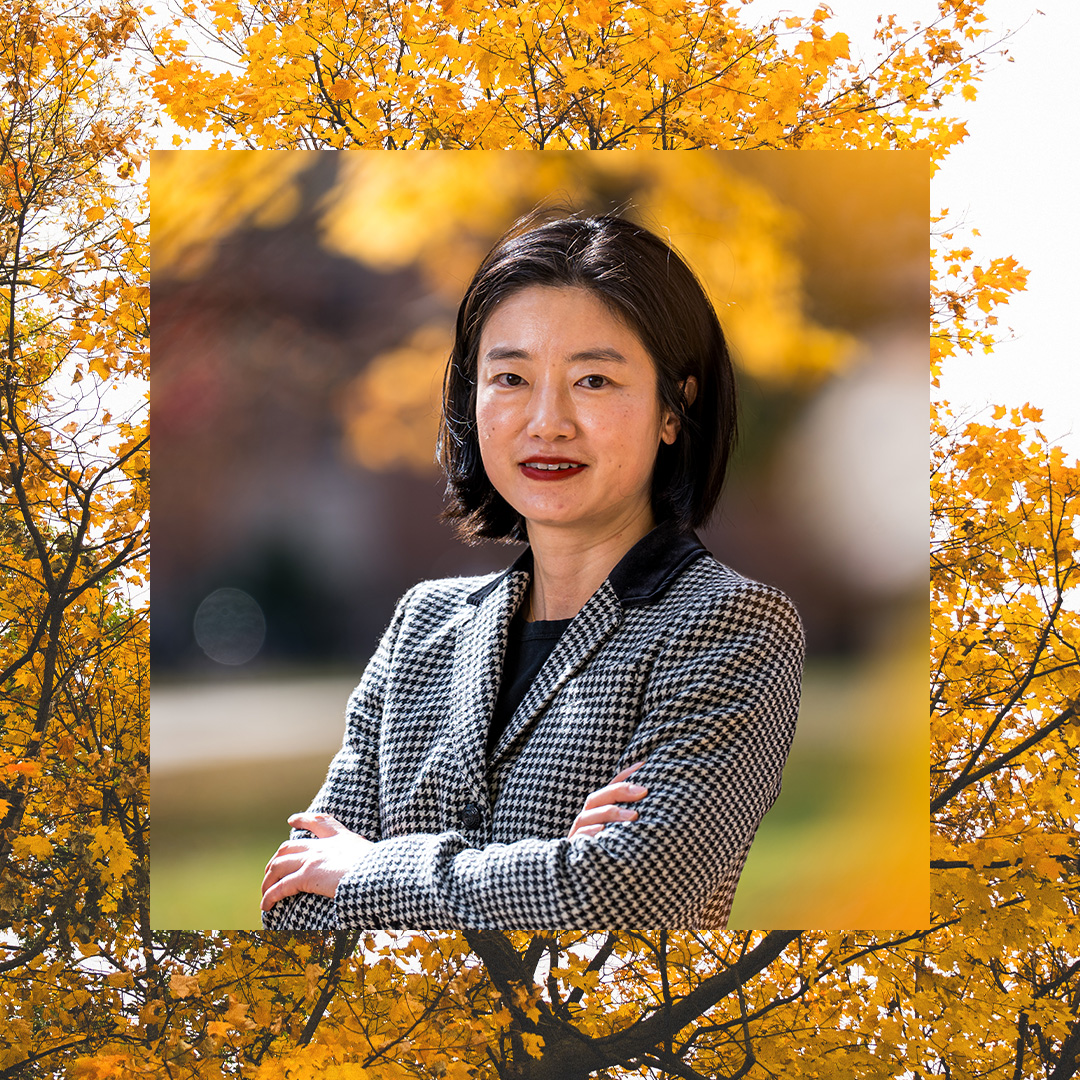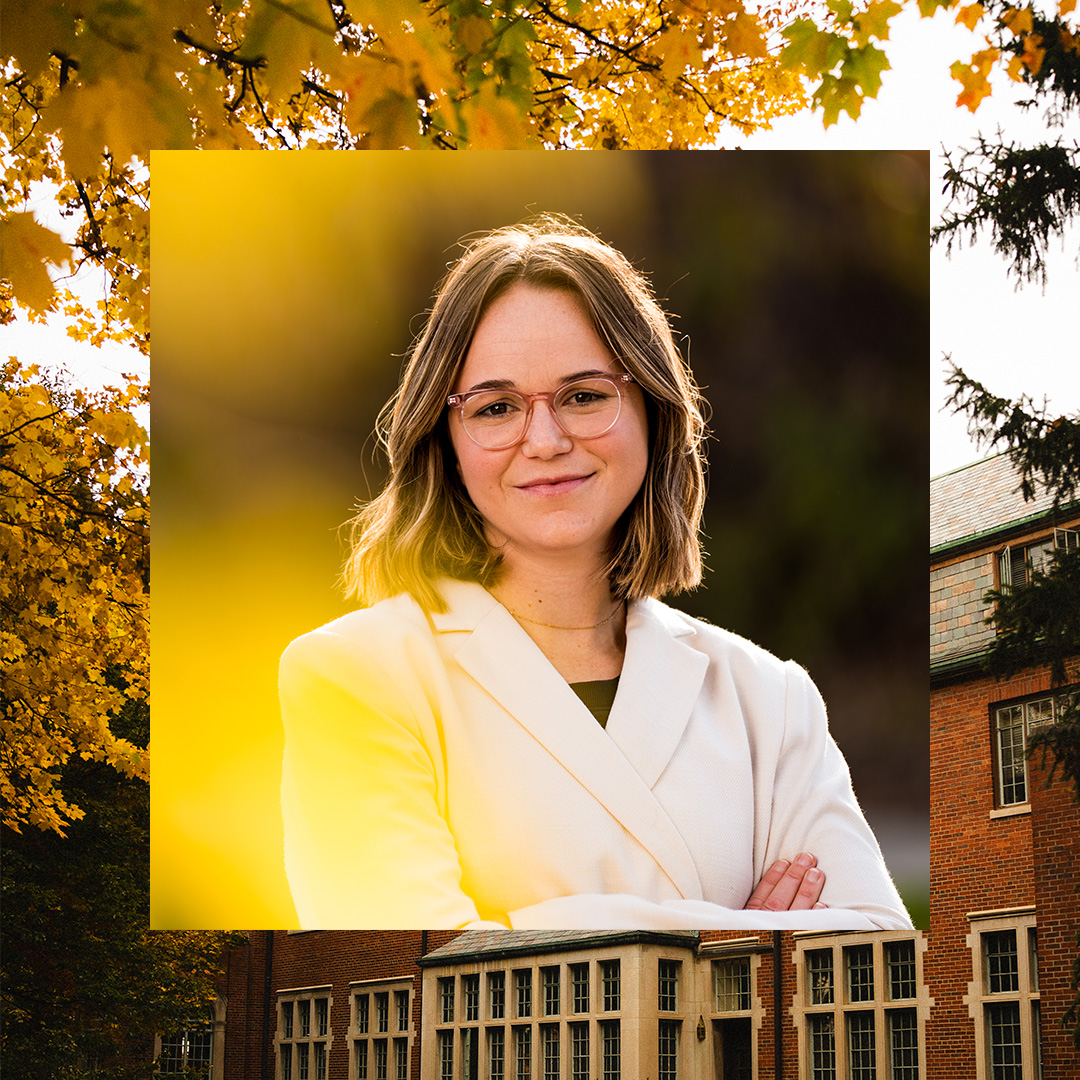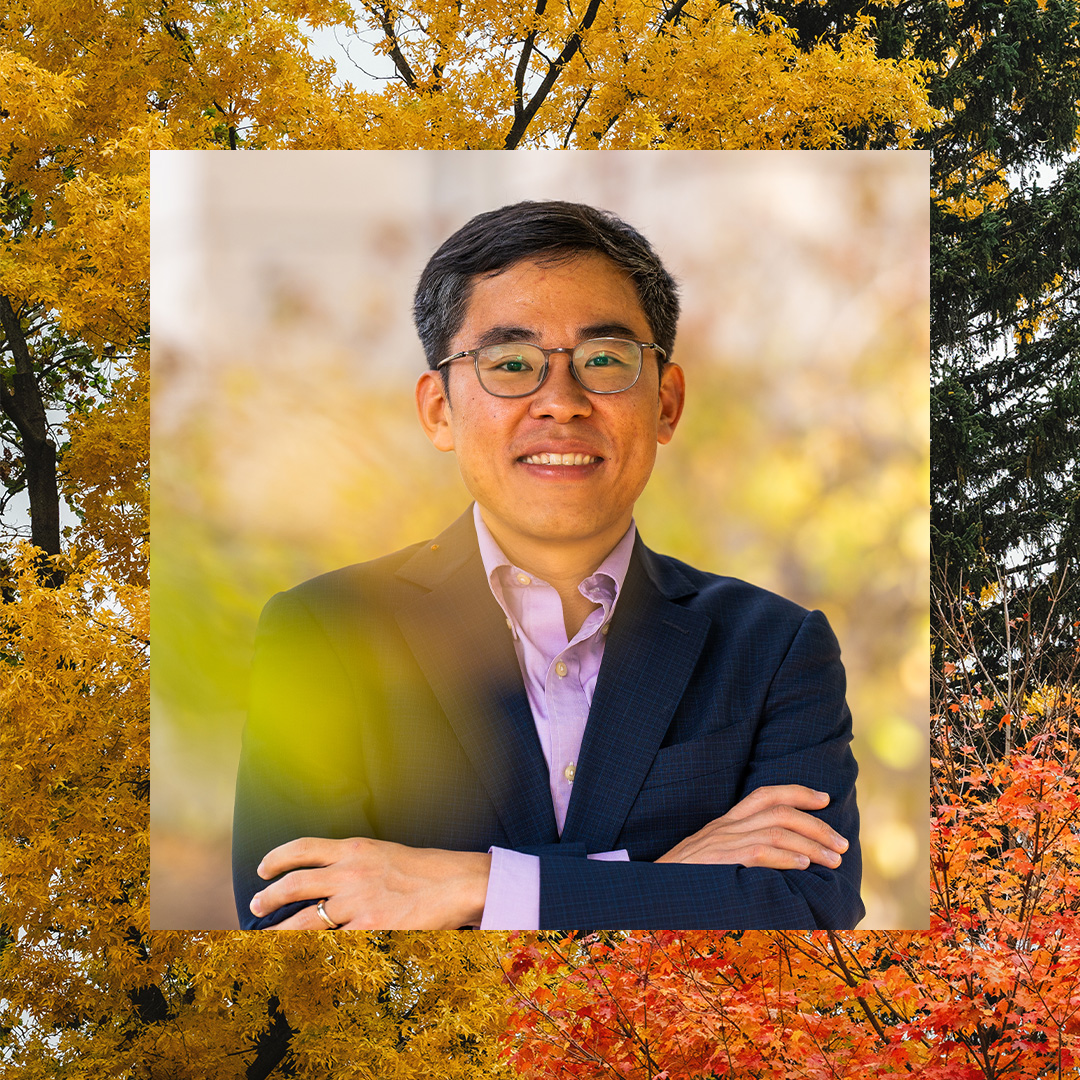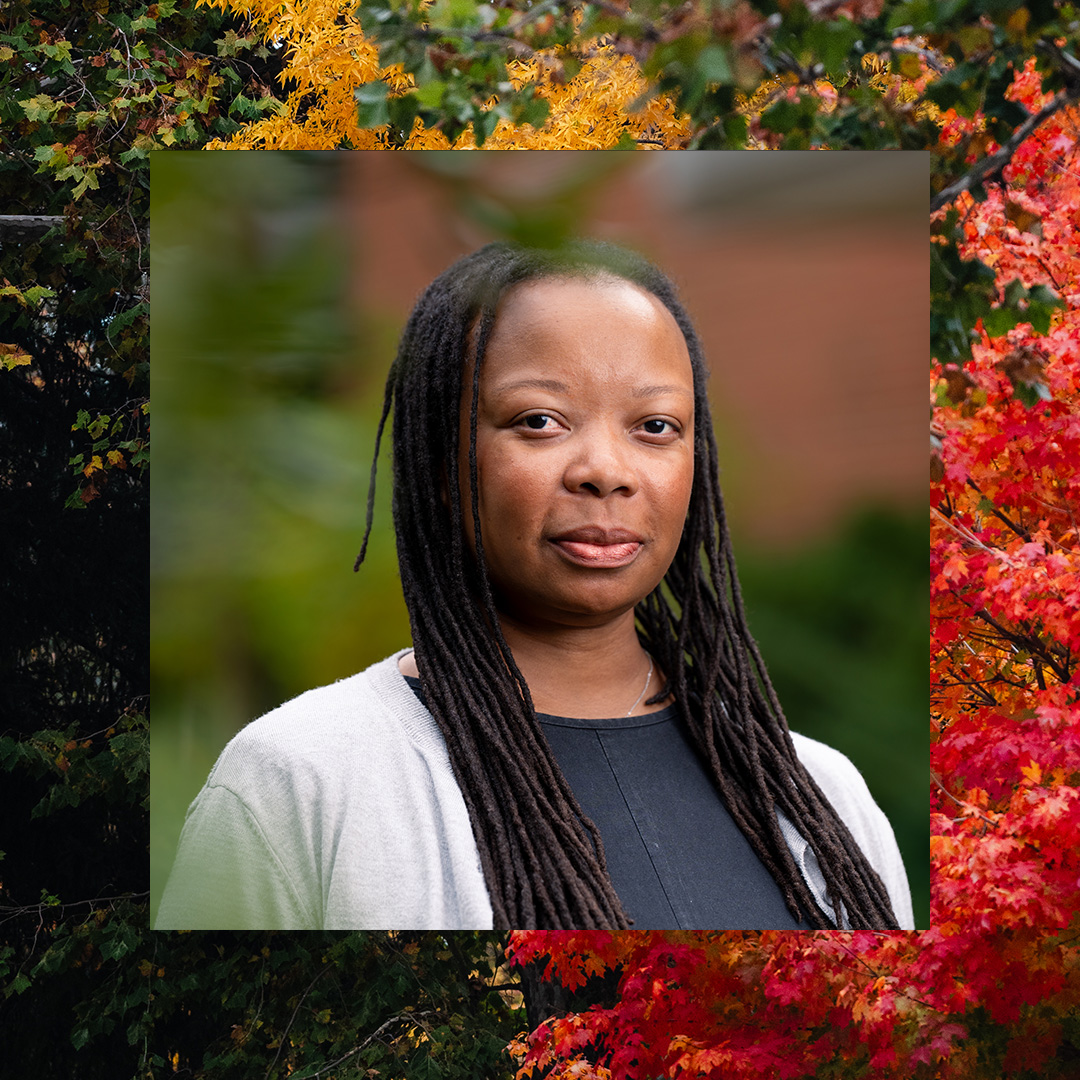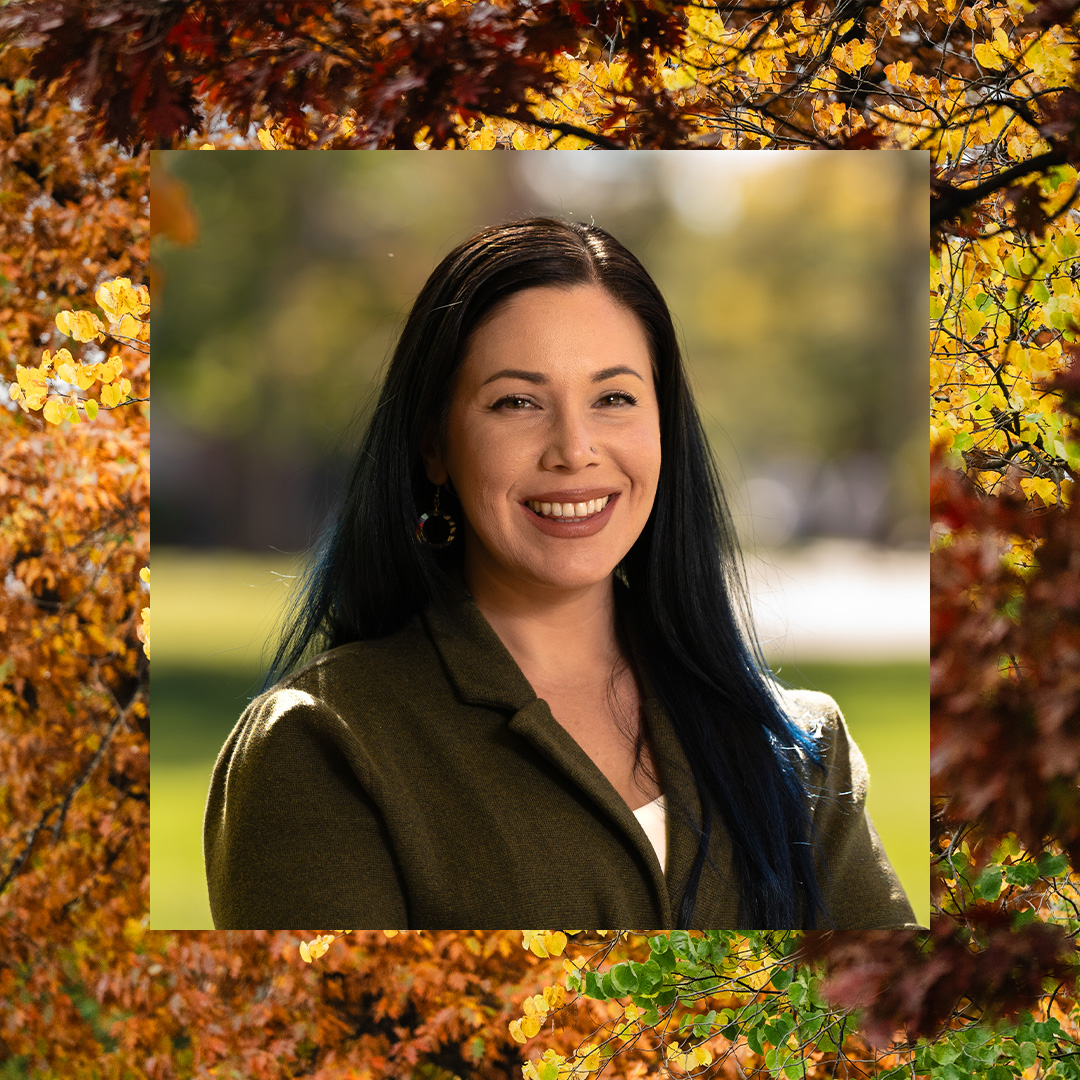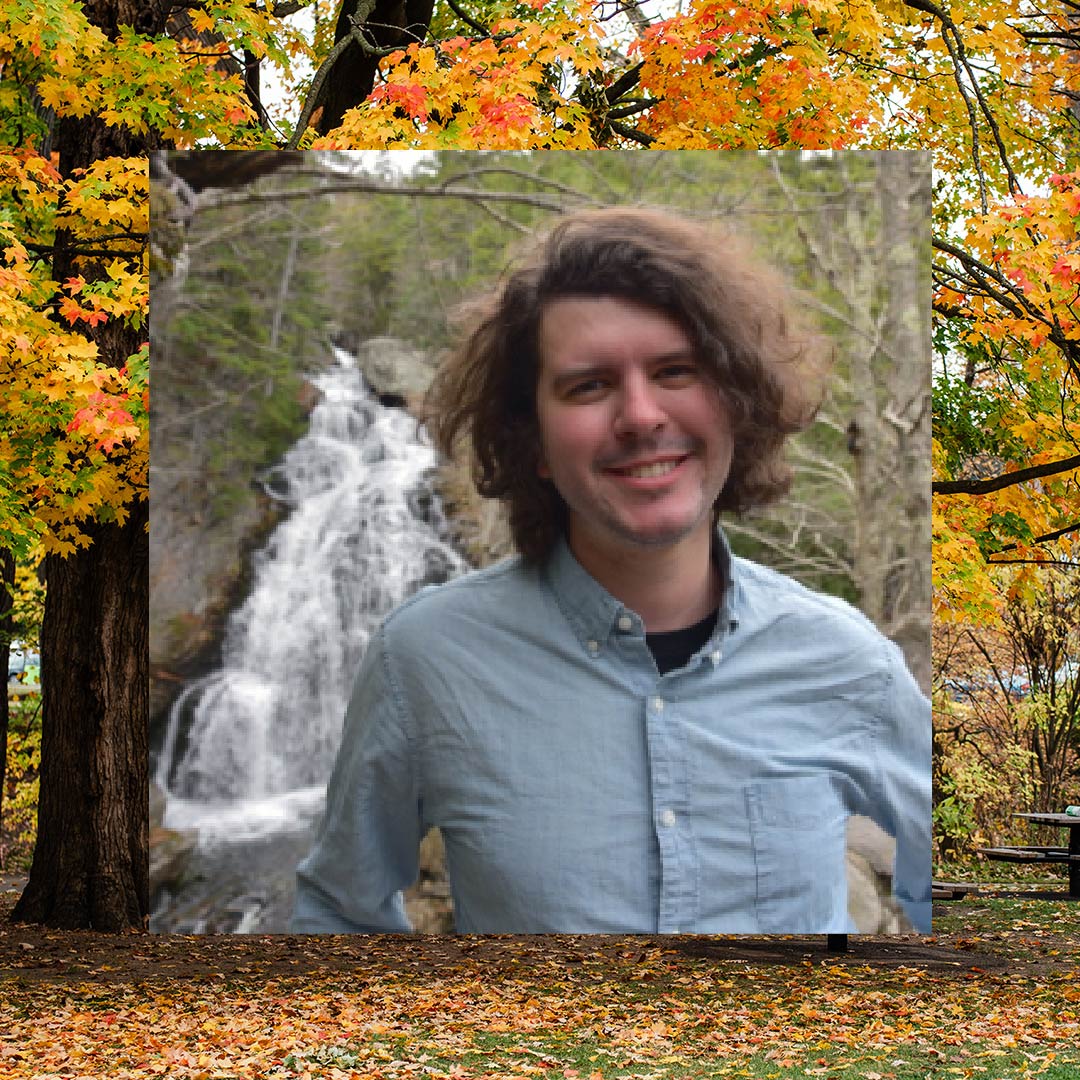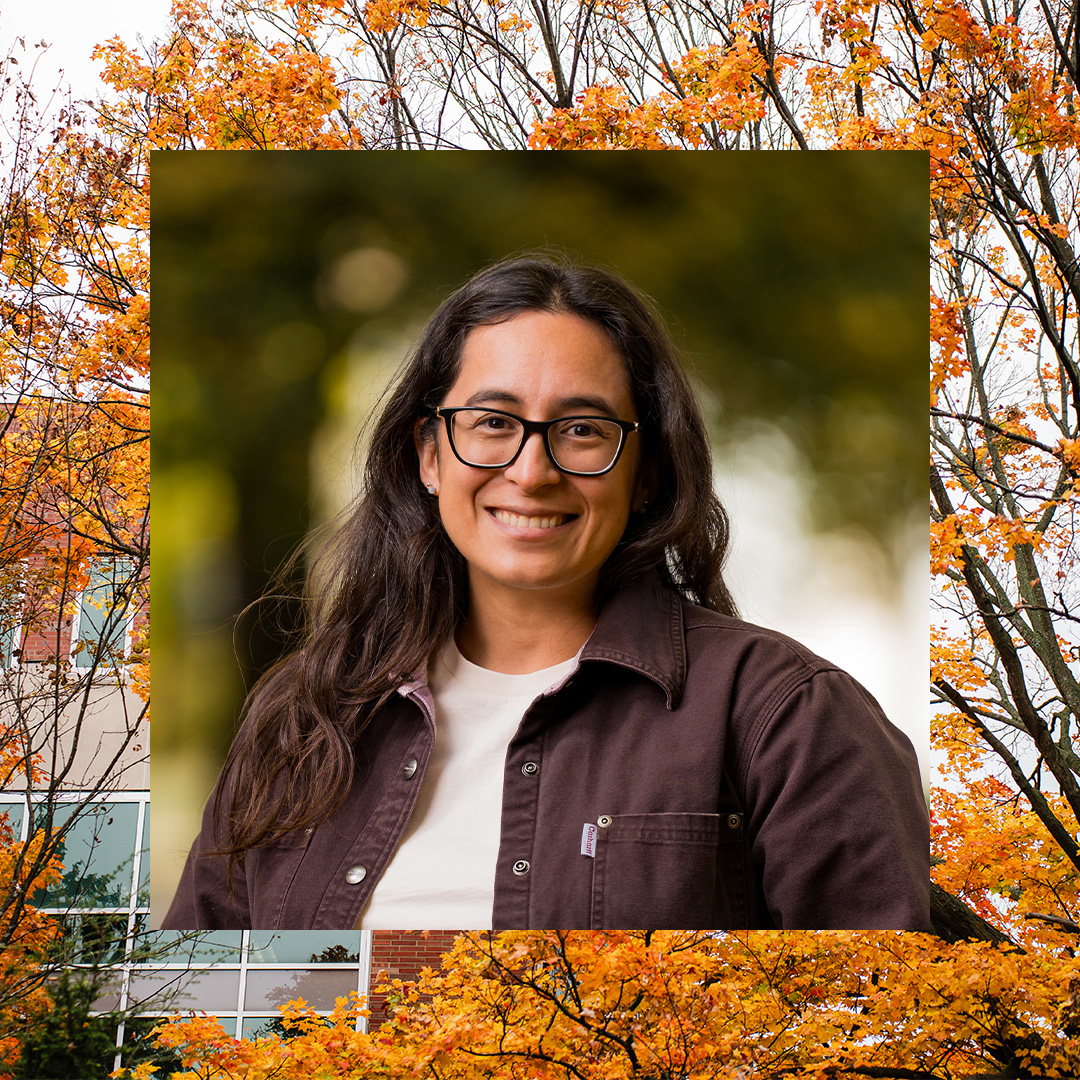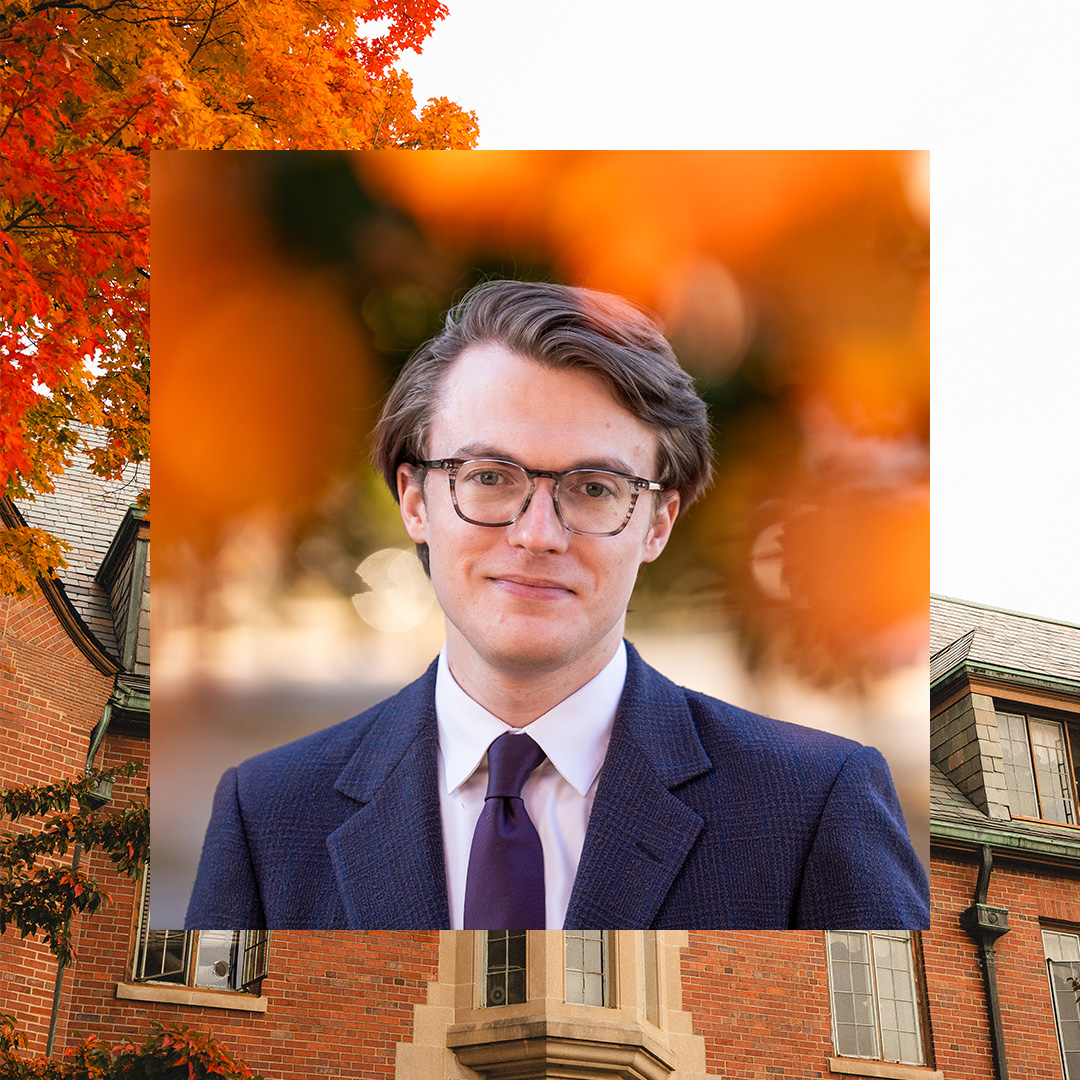At Michigan State University, the newly launched 1855 Professorships program, named for the year MSU was founded, has recruited its first cohort of scholars who are taking bold strides to address some of society’s most pressing challenges. Created by the Office of the Provost, the program brings together 10 faculty members with one purpose: advancing MSU’s commitment to inclusion while elevating the university’s academic and research excellence.
Last fall and spring, after a call for proposals and thorough hiring process, MSU welcomed these 10 faculty members across multiple departments and colleges. The initiative is one step the university is taking to be a national leader in promoting access, opportunity and excellence, and address barriers to success for all on our campus and beyond.
The work of these scholars is as varied as it is inspiring. One faculty member is investigating and addressing how unequal access to green spaces impacts public health. Another uses a data-science perspective to address questions spanning ecology, evolution and neuroscience. Others are diving into the power of media representation, exploring how narratives shape public perceptions, identity and even political change. And that’s just the beginning — other projects span issues from health disparities among racial and ethnic communities to preserving local Indigenous cultural practices.
“We are proud of the work this inaugural cohort has already achieved, individually and collectively, in advancing MSU’s inclusion commitment; enhancing collaborations campuswide; and fostering new partnerships,” says MSU Interim Provost Thomas Jeitschko. “These 10 cross-disciplinary scholars have contributed to not only the communities of their departments and colleges, but also to the university community writ large, helping to advance MSU’s land-grant mission and strategic priorities while elevating the university’s academic and research excellence.”
Intentionally collaborative
The professorships were developed to form a cross-disciplinary group of professors to work together to advance MSU’s access, opportunity and excellence priorities, foster new partnerships and do what Spartans do best: enhance collaborations campuswide. And while the first cohort is already on campus, a new recruitment cycle is currently underway to search for the next professors who will help advance the mission.
As the cohort of 1855 Professors grows, each faculty member will be able to contribute and strengthen others’ areas of research and teaching.
“On a personal and professional level,” says Blaire Morseau, assistant professor in the Department of Religious Studies in the College of Arts and Letters, “the structure of the 1855 Professorship has allowed me more space and support for research than many other academic appointments. In the past year, I released one edited volume, finalized my forthcoming monograph, produced several articles and chapters in edited volumes and found time for a host of other service work that is meaningful to me as an Indigenous woman scholar.”
Meet the inaugural cohort of 1855 Professors.
Danielle Brown – Community and Urban Journalism
Danielle Brown is an associate professor in the School of Journalism in the College of Communication Arts and Sciences. She is the founder of the LIFT Project, an engaged research initiative focused on finding solutions to the challenges of news disengagement that fuel disinformation and misinformation in society. Brown hosted a symposium with journalists and academics at WKAR last December to explore the evolving landscape of news coverage and its intersection with academic research.
“I see my appointment as an 1855 Professor as an opportunity to expand my community-engaged research to include and support communities that have been historically underserved, especially those Black and immigrant communities in Michigan and beyond,” Brown says. “My current work with the LIFT Project seeks to tackle those goals by finding sustainable paths for reparative narrative changes in Midwestern media systems. For me, the professorship allows me the time needed to broaden the scope of this overall goal by including the incredible expertise of the students, faculty and staff at our university.”
Blair Burnette – Racial and Ethnic Disparities
An assistant professor in the Department of Psychology in the College of Social Science, Blair Burnette is the head of the ARISE Lab. The lab investigates the social, cultural and environmental factors that influence how people eat and feel about their bodies. Burnette’s work makes meaningful contributions to reducing the prevalence and progression of body image and eating-related concerns and increasing equity and representation in body image and eating disorder literature.
“So much of my work is through the lens of diversity, equity and inclusion,” says Burnette, “and holding this professorship keeps my compass pointed toward keeping that front and center.”
Along with her research and classroom work, Burnette recently took on a role as an inclusion coordinator in the Department of Psychology. “Through that role,” she says, “my biggest goal is that we have a department and university that is a place where people of all disciplines and identities want to not only come to but stay here.”
Guanqun Cao – Algorithmic Bias
“The 1855 Professorship is a perfect fit for my research, and the opportunity to return to my alma mater to contribute to its growth has always been a dream of mine,” says Guanqun Cao, who earned her doctorate in statistics from MSU. Today, Cao is an associate professor in the Department of Statistics and Probability and the Department of Computational Mathematics, Science and Engineering in the College of Natural Science.
Cao’s research focuses on statistical modeling and algorithms related to access topics in high-dimensional statistics and machine learning. A recent project, motivated by a study of adult obesity rates in the U.S., addresses how social disparities in obesity disproportionately affect low-income and racial and ethnic minority subgroups.
“This role,” Cao says, “will empower me to elevate the academic quality and reputation of MSU by developing innovative initiatives, engaging with diverse perspectives and ensuring that our community continues to be a place where all students can thrive.”
Samantha Gailey – Forests and Green Space
Growing up and living in carefully planned cities like Columbia, Maryland, and Irvine, California, where she had easy access to parks, natural areas, healthy foods and community centers, Samantha Gailey would come to notice the stark contrast in nearby cities like Baltimore or Anaheim. Those cities often experienced disinvestment and fragmentation, and there were few health-promoting opportunities for residents.
Today, Gailey is an assistant professor of Environmental Health Equity in the Department of Forestry and the Charles Stewart Mott Department of Public Health. Her research focuses on understanding how inequities in access to neighborhood resources contribute to, and perpetuate, health disparities — and how these place-based inequities can be remedied. Gailey is especially interested in whether expanding green spaces can serve as a tool to advance health equity.
“The 1855 Professorships invoke MSU’s pioneering land-grant mission: to serve nearby communities,” Gailey says. “To me, that means doing rigorous research to understand the causal connections between the environment and health — and translating that evidence into action. The environmental health crises we face today require that we synthesize knowledge from across the disciplines, and that we recruit the help of community partners, policymakers and other stakeholders. Serving as an 1855 Professor reminds me that we need to look within and beyond the ivory tower to create more sustainable and equitable communities in Michigan.”
John Kuk – Minority Politics and Urban Education Policy
Assistant Professor in the Department of Political Science John Kuk is dedicated to understanding the consequences of inequality in America and using political science to better inform solutions. Kuk’s primary research area examines how the housing rental market perpetuates residential segregation, how public policy reinforces racial and gender inequality and how economic inequality deepens racial polarization.
Kuk also explores broader topics in politics and recently published a finding from a study showing that flawed research into election fraud can undermine democracy and intensify polarization.
“Before I took on the 1855 Professorship, I would often do research for my own intellectual curiosity and scientific rigor,” Kuk says. “But with this position being named after the year MSU was founded and that connection to the land-grant mission, I realized my research can have a much broader meaning. I’m studying parts of life like homelessness that can impact a broader community — including the state of Michigan and more.”
Thelma Madzima – Diversity in Plant Sciences
Growing up in Zimbabwe, Thelma Madzima witnessed the devastating impacts of drought on agricultural productivity and human livelihood. Today, as an associate professor of data science in the Department of Plant Biology in the College of Natural Science, her research focuses on understanding how epigenetic mechanisms — the processes that affect how genes work without changing DNA — facilitate growth, development and response to stress stimuli like drought or temperature changes in crop plants.
“Being an 1855 professor at MSU, a land-grant institution, allows me to combine field research and computational biology to understand how crop plants respond to environmental stresses at the molecular level,” Madzima says. “We aim to tackle the critical challenges presented by environmental stress on agricultural productivity and food security using innovative biotechnology-based approaches. I strongly believe that a diverse taskforce promotes innovation and, in this position, I can continue to advocate for the inclusion of individuals from diverse backgrounds and identities into the plant sciences.”
Madzima is dedicated to increasing access in STEM fields and actively participates in several recruitment and retention programs that support people from all groups in science. She has received several awards for her efforts in this area.
Blaire Morseau – Great Lakes Anishinaabe
Despite growing up in New Jersey, Blaire Morseau is a citizen of the Pokagon Band of Potawatomi Indians based in Dowagiac, Michigan, and spent many summers in the state attending powwows and working various internships. Today, she is an assistant professor in the Department of Religious Studies and an affiliate faculty member in digital humanities and American Indian and Indigenous Studies. Morseau’s research dives into Indigenous science fiction and futurisms, traditional cultural and ecological knowledge, digital heritage and Native counter-mapping.
“I appreciate MSU demonstrating a commitment to hiring Native American faculty and staff, particularly at land-grant universities,” Morseau says. “It empowers Indigenous students, enriches academic discourse, aligns with inclusion goals and addresses historical and ongoing injustices. The presence of Indigenous scholars and mentors not only helps to decolonize the university but also builds bridges with local Tribes and other Native communities, fostering trust and collaboration for the future.”
Morseau aims to build off the work of MSU organizations and programs like the North American Indigenous Student Organization and Educating Anishnaabe: Giving, Learning and Empowering as well as programs like American Indian and Indigenous Studies and the Native American Institute that are already enhancing Indigenous sovereignty. “There are many opportunities at MSU to create partnerships with local Tribes and Indigenous nations, strengthening ties with these communities and supporting their sovereignty through educational collaboration and research initiatives,” Morseau says.
Elan Pochedley – Great Lakes Anishinaabe
Like Morseau, Elan Pochedley is an assistant professor in the Department of Religious Studies. A member of the Citizen Potawatomi Nation, Pochedley focuses much of his research and teaching on understanding the sustainable stewardship that Native Americans have demonstrated toward water sources, plants, fish, wildlife and their food systems across generations.
“I’ve always been interested in Anishinaabe/Neshnabé knowledge and storytelling and the way it helps us make sense of the world,” Pochedley says. “The 1855 position is an excellent fit based on my research, and I love being back in this area.”
Pochedley is interested in how Native nations have worked toward protecting and sustainably relying on their local environments, both historically and in the present. His research focuses on Anishinaabe/Neshnabé ecological restoration initiatives, environmental ethics, geographic knowledge, treaty rights, forms of mobility, incorporations of technologies and obligations to other-than-humans.
Grace Smith Vidaurre – Diversifying Data Science
By studying parrots and songbirds, Grace Smith Vidaurre is using a data-science perspective to address questions spanning ecology, evolution and neuroscience. An assistant professor in Data Science for STEM, Vidaurre’s lab is affiliated with the departments of Integrative Biology and Computational Mathematics, Science and Engineering, as well as the Ecology, Evolution and Behavior program.
“My 1855 Professorship is a unique position that supports a positive feedback loop between biology and applied data science,” Vidaurre says. “Throughout my academic career, my most creative and productive experiences have been when I work and think at the intersection of biology and data science. I am very excited for the continued research, new research directions and training opportunities for students that my interdisciplinary position will facilitate in the longer-term.”
Quinn Yeargain – Law and Democracy
Quinn Yeargain is an associate professor in the MSU College of Law, teaching courses in constitutional and criminal law. They also put their own law degree to good use, regularly filing amicus briefs on matters relating to state constitutional law — and they have served as a consultant in redistricting litigation.
Yeargain studies the relationship between democracy and legal developments, with research focusing specifically on institutional changes in state constitutions through amendments, the use of democracy to expand and contract state constitutional rights and liberties, and the effect of democracy on how a government organizes, distributes and justifies its power through the criminal justice system.
“I’m honored to be at Michigan State as the inaugural 1855 Professor of the Law of Democracy,” Yeargain says. “As a state constitutional law and criminal law scholar, I’m excited to have a platform to deepen the university’s institutional capacity on democracy and the rule of law at such a critical time in our country’s history. Given MSU’s status as a land-grant university, a core part of my focus as an 1855 Professor will be public education and engagement on state constitutions, the relationship between democracy and the criminal legal system, and how voters can participate in democratic self-governance.”
Learn more about 1855 Professorships, the program’s history and additional stories.
